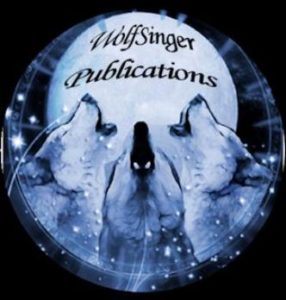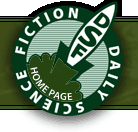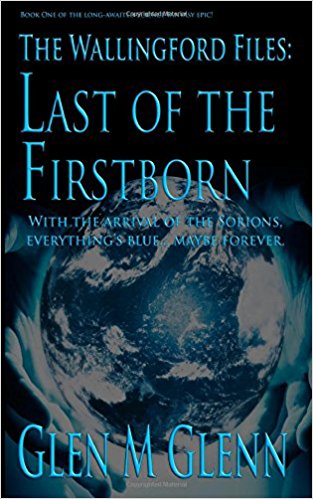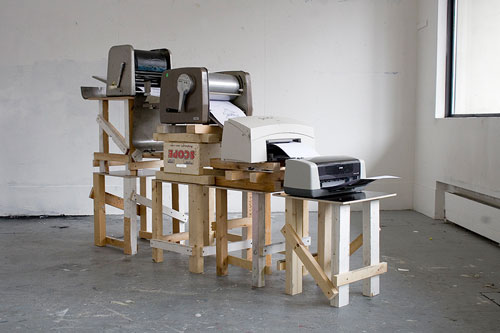When I prepared to submit my debut novel Sleeper Protocol for publication, I decided that I would look into small presses as well as larger more traditional ones. As I prepared my list of potential “candidates” a good friend and co-author of mine mentioned a publisher I’d never heard of before: Red Adept Publishing. I added them to the list of potential publishers that I would research. As soon as I looked closer, I realized that Red Adept would move to the top of the list.
At that time, in 2014, I discovered that Red Adept Publishing had already published a New York Times Bestselling novel. That was a huge plus for them on my scoresheet. I also discovered they were located in North Carolina and being from Tennessee, this was another plus. Not too shabby. When I checked the normal sources (Preditors and Editors, Author Beware), I found nothing negative to speak of and so when the time came, I sent them Sleeper Protocol and kept my fingers crossed.
One October afternoon, I had some scheduled writing time before I was to pick up our youngest child from daycare. I walked out of Starbucks, got into the car, and my phone rang with a North Carolina area code. I picked it up and so began my first conversation with Red Adept Publishing. Lynn McNamee and her amazing team go much farther above and beyond than most small presses I know. Not only was I told that Sleeper Protocol would get a copy edit and a line edit, a spectacular cover, and marketing assistance, I found myself folded into a group of authors across many genres (fantasy, romance, thriller, paranormal, science fiction) who support each other and really are one big, happy family. I could not have been happier to have signed a contract with them.
It’s fair to say now, though, that Red Adept was not the first small press I submitted to, nor was my contract on Sleeper Protocol the first small press contract I received. The first publisher has since gone out of business and their contract, which they touted as “negotiable,” was a learning experience in and of itself. When I look back and compare that publisher and Red Adept Publishing? Yeah, there’s no comparison at all. Why? Red Adept’s contract is very friendly to authors and the quality of work they’ve produced over the last several years stands for itself.
Since I signed with Red Adept, the publisher has seen another author hit the New York Times list and two authors hit the USA Today Bestsellers List. Those are tremendous accomplishments for any press, not just a small press. What sets them apart is very simple: they are the most professional, enthusiastic, and supportive team of authors and editors that I know and I’m thrilled to be a part of them going forward.
Just the other day, I received an email from my line editor that it was time for Vendetta Protocol to start its final march to publication. We already have an amazing cover and I was fortunate enough to have the same editing team from Sleeper Protocol sign on for the sequel. I’m looking forward to publishing more with Red Adept Publishing in the future. They certainly have changed my life. I’m very glad that I decided to go with a small publisher, but it matters most that I went with one of the right ones. They’re out there.







 Beware! All small publishers aren’t created equal, and most of them will do absolutely nothing for you except waste your time and tie up your rights.
Beware! All small publishers aren’t created equal, and most of them will do absolutely nothing for you except waste your time and tie up your rights. Glen M Glenn is an entrepreneur and a fiction writer. His books Last of the Firstborn, Dark Ritual and Sheepland will be coming out later this year. You can check his website out at glenmglenn.com.
Glen M Glenn is an entrepreneur and a fiction writer. His books Last of the Firstborn, Dark Ritual and Sheepland will be coming out later this year. You can check his website out at glenmglenn.com.
 When it comes to publishing, opinions vary by wide margins. Some say traditional publishing is the only way to get noticed, to come out with a quality book, and to have a chance at a wide readership. Others say traditional publishing is a scam, they use their authors, and only the top sellers get anything out of the relationship. For some, indie publishing is the only way to go. The writer has full autonomy of their work; able to make the covers, formatting, and editing quality the way they think it should be done. Yet, I’ve seen some authors and readers turn their noses up at indie publishing, saying it floods the market with sub-par books and the writers are wannabe hacks who couldn’t cut it in “real” publishing.
When it comes to publishing, opinions vary by wide margins. Some say traditional publishing is the only way to get noticed, to come out with a quality book, and to have a chance at a wide readership. Others say traditional publishing is a scam, they use their authors, and only the top sellers get anything out of the relationship. For some, indie publishing is the only way to go. The writer has full autonomy of their work; able to make the covers, formatting, and editing quality the way they think it should be done. Yet, I’ve seen some authors and readers turn their noses up at indie publishing, saying it floods the market with sub-par books and the writers are wannabe hacks who couldn’t cut it in “real” publishing.